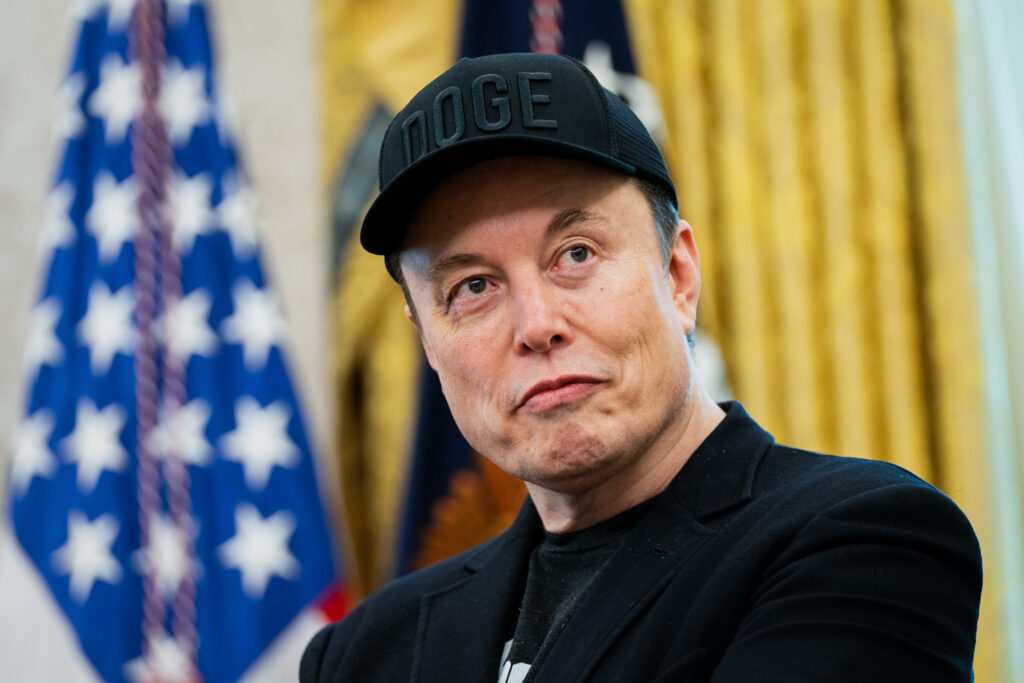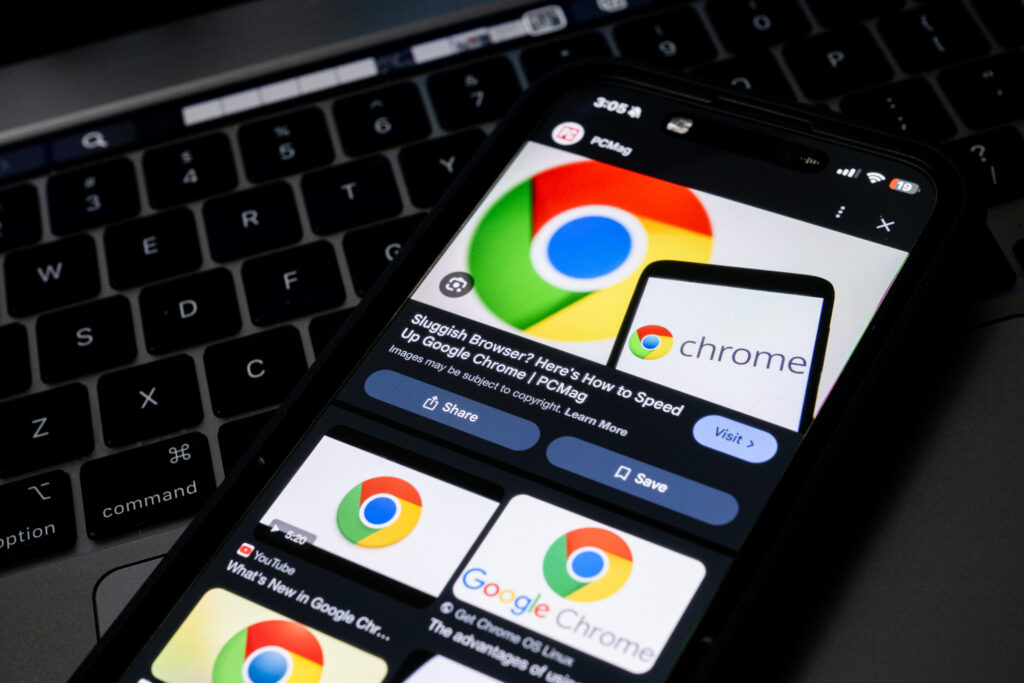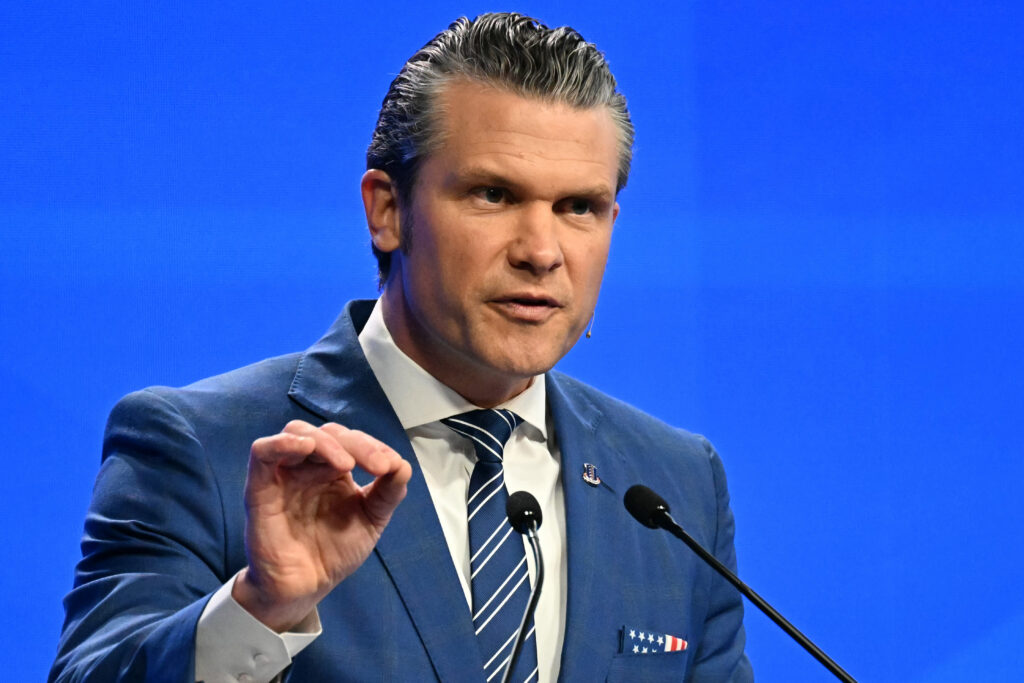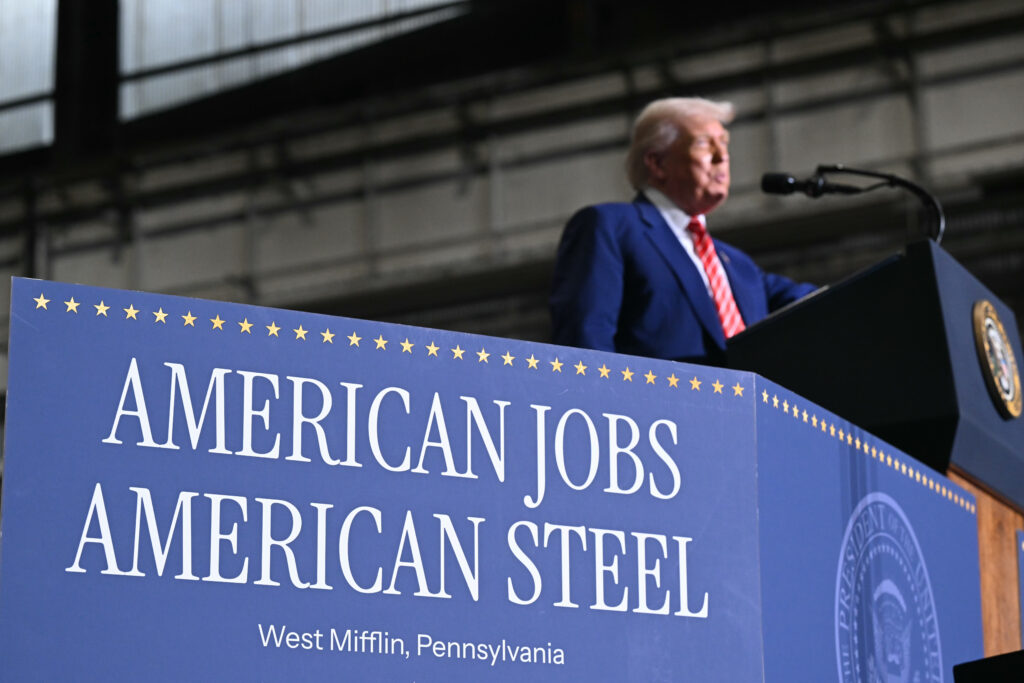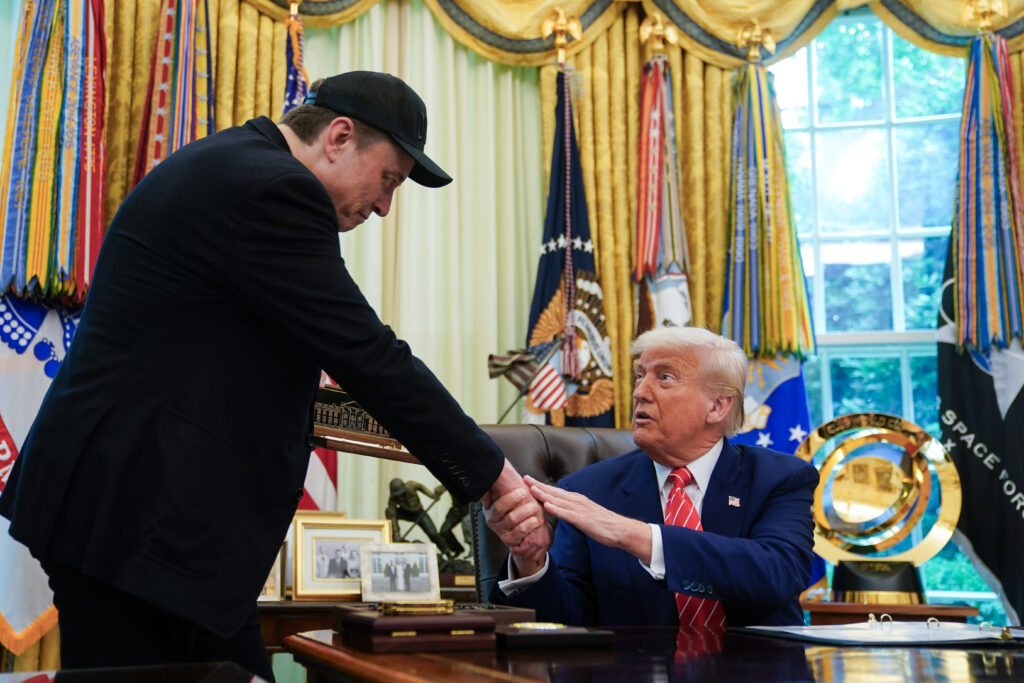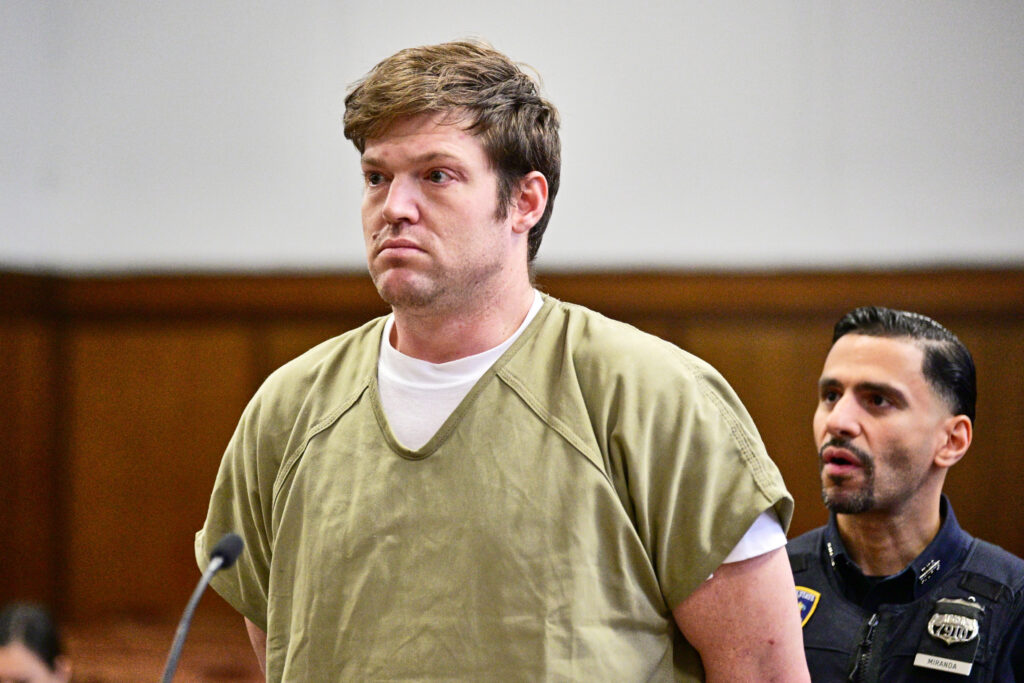‘I am NOT taking drugs!’ Musk denies damning report
Elon Musk on Saturday denied a report that he used ketamine and other drugs extensively last year on the 2024 campaign trail.The New York Times reported Friday that the billionaire adviser to President Donald Trump used so much ketamine, a powerful anesthetic, that he developed bladder problems.The newspaper said the world’s richest person also took ecstasy and mushrooms and traveled with a pill box last year, adding that it was not known whether Musk also took drugs while heading the so-called Department of Government Efficiency (DOGE) after Trump took power in January.In a post Saturday on X, Musk said: “To be clear, I am NOT taking drugs! The New York Times was lying their ass off.”He added: “I tried ‘prescription’ ketamine a few years ago and said so on X, so this not even news. It helps for getting out of dark mental holes, but haven’t taken it since then.”Musk first dodged a question about his drug use at a bizarre farewell appearance Friday with Trump in the Oval Office in which the Tesla and SpaceX boss sported a noticeable black eye as he formally ended his role as Trump’s main cost-cutter at DOGE, which fired tens of thousands of civil servants.News of the injury drew substantial attention as it came right after the Times report on his alleged drug use. The daily recalled erratic behavior such as Musk giving an enthusiastic Nazi-style salute in January of this year at a rally celebrating Trump’s inauguration.Musk said he got the injury while horsing around with his young son, named X, when he told the child to hit him in the face.”And he did. Turns out even a five-year-old punching you in the face actually is…” he added, before tailing off.Later Friday, when a reporter asked Trump if he was aware of Musk’s “regular drug use,” Trump responded: “I wasn’t.” “I think Elon is a fantastic guy,” he added. Musk has previously admitted to taking ketamine, saying he was prescribed it to treat a “negative frame of mind” and suggesting his use of drugs benefited his work.
